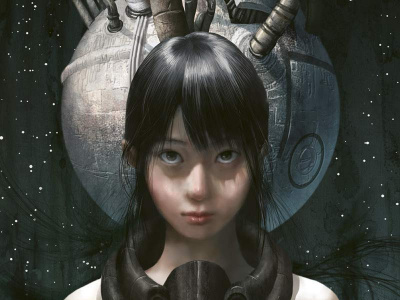
Seven Seas has announced the acquisition of three new manga series, all of which will launch here in the
A month after Amnesia Labyrinth debuts, Seven Seas will release the first volume of Toradora!, a shonen manga based on the popular series of light novels by Yuyuko Takemiya that centers on two high school students, the hapless boy Ryugi and the dangerous rich girl Taiga. They both have serious crushes on each other’s best friends and agree to help each other out, but complications and plenty of humor ensue. This popular property has spun-off an Internet radio show, a PSP game, and a 25-episode anime series that aired in
The first volume of the third manga series announced, A Certain Scientific Railgun (Toaru Majutsu no Railgun), won’t be released here until June. First published in 2007, this ongoing shonen series, which has reached five volumes, is basically a manga spin-off from Kazuma Kamachi’s A Certain Magical Index light novels. The Railgun manga, which is written by Kamachi and illustrated by Motoi Fuyukawa, became a hit in its own right spawning a popular anime series that will be released here next year by Funimation (see “Funimation Announces a Host of New Licenses”) as well as an RPG for the Nintendo DS and a fighting game for the Sony PSP. The Railgun manga is set in









